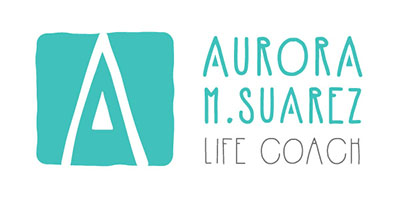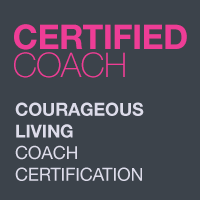![]() Name: Ella Lama
Name: Ella Lama
My job today: I used to refer to myself as a letterer but now I feel like that’s too limiting. Basically I draw and run my own stationery business for a living.
My last corporate job: Online shop, customer service, finance and administration manager (yes, I was all of those things, all at the same time.)
Why did you leave?
I really enjoyed my job. It was challenging, the pay was great, and I had the chance to interact with colleagues from around the globe.
But when I had an annual review with my manager, it became clear to me what their plans were for my career direction. I was looking at a straight line to middle management. Stubborn as I am, I was curious to see where I could take my small business (I had been building my business on the side for two years while holding down my job). I was more interested in the uncertainty of freelancing and running a business than in the security my company was offering, so I left my job in June 2015.
What made you decide the time was right?
Before leaving my job, I read Jon Acuff’s book called Quitter. There he discussed that the only time to quit your job is when you have exhausted every bit of free time to work on passion projects, and the only remaining hours in a day that’s hindering you from doing more of it is the eight hours spent in the office.
I followed his advice for a year: I worked tirelessly on making products and selling them in art fairs and taking on commissions from clients, to the point where I’d go to the office after only 2-3 hours of sleep. When those instances became more frequent, I knew it was time to leave.
What were your fears surrounding this change?
Of course, money was my top concern. I was scared of not having a regular salary.
How did you manage your fear?
Before I left my job, I made sure I hit my savings target. I set an amount that I knew would last me six to nine months with no regular income. It took me almost a year to hit my target.
What did you do to prepare before quitting your day job?
One thing I’d like to stress is it does take a long time to prepare for a big change like this. People tend to romanticize quitting their jobs and “living the life.”
In my case, I had to work on building my business while having a day job, then had to work an extra year to hit my savings goal. To leave my job has always been the goal, but the decision and preparation wasn’t done overnight.
Is there anything you miss about the corporate world?
I like the structure it offers—your day is planned out already based on the tasks you need to complete. I also miss taking vacation leaves! Even though my schedule now is more flexible and it seems like I can take a break anytime I want, being a freelancer and business owner is a 24/7 job.
What lessons have you learned since leaving your day job?
A lot! I have learned how to handle my own taxes and expenses. Admin work is tough but it is essential. I have learned how to manage my time better. I have learned the types of projects I enjoy working on and the types I dread.
But the most important thing I’ve learned is that money always comes when I need it. I can’t explain how, but it does, and knowing that has saved me from a lot of sleepless nights.
What advice would you give to someone who wants to leave their day job and pursue their dream?
First of all, know what your dream really is. It is easy to say “oh, I want to be a travel blogger” or “it seems cool to say that I am a freelance illustrator” but know if that is really what you want.
Before leaving my job (I insist on the term “leave” because it implies a conscious decision on my part, rather than “quit” which sounds like external factors made the decision for me), I put up and failed several businesses and I took on client work. Try it out while you have a job to see if it works for you. In his book So Good They Can’t Ignore You, Cal Newport said that one of the reasons why people become even more frustrated after leaving their jobs to pursue their passions is because they do not really know what their passions are. So know yours.
Second, understand that pursuing a dream is hard. It’s not always rainbows and unicorns and confetti. It’s a lot of days spent doubting yourself, doubting your products, doubting your decisions. You’re going to work harder than you’ve ever worked in your life. So do not lose sight of the dream because it will be your number one source of motivation.
Third, make sure you are doing it for you. Just because your friend did it and became successful doesn’t mean it will turn out the same for you.
Lastly, enjoy the process. It’s going to be a lot of ups and downs, but don’t get bogged down by the negative and instead learn from them.
NOTE: This series (“How I quit my day job to become a __________”) is about following the dream that calls you and making powerful and courageous decisions to heed that call. It’s not about escaping stress or colleagues who make you unhappy. Don’t quit your day job to escape. Leave it because the vision you have for yourself lies beyond the 9-to-5, the regular paycheck, the comfortable lifestyle. My hope is that the lessons from women who have done the same will encourage you to make your own courageous choice.







